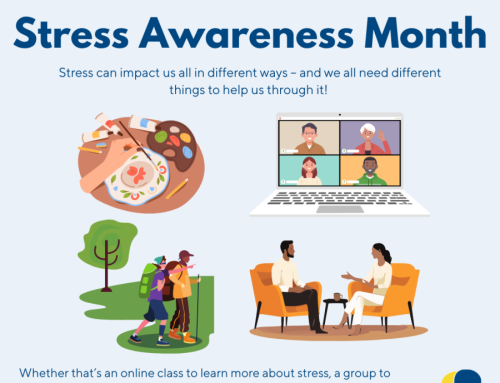Experiencing depression or low-mood is very common. The World Health Organisation estimates that in a given year, one in four of us will experience it. With such figures in mind it is becoming more and more important to know what we can do to fight back against low-mood or depression and protect our wellbeing. In this article, Geraldine M, who is a Psychological Wellbeing Practitioner for Touchstone IAPT, talks about how to start the fight back.
We often think of depression as feeling down, sad, unhappy but it is really about having an ongoing problem that can be about more than a low mood or a ‘negative state of mind’. There can be physical symptoms too, such as feeling constantly tired, sleeping badly, having no appetite or sex drive. Everyday activities such as seeing friends, doing routine or important things can become more challenging and for some people routine activities can begin to feel impossible to keep going with.
Symptoms of depression are very common when people experience big changes in their life, these can be positive or negative changes, or are under additional pressure. Often people notice an increase in anxiety or worry too when they are feeling depressed which gets in the way of getting back on top of things.How severe these symptoms are really varies from person to person but for most people the sooner they seek help the quicker they can feel better.
There are all kinds of treatments available from written advice such as booklets, online therapy programmes or educational groups and seminars. For some people seeing a face to face therapist or counsellor can be very helpful. Cognitive Behavioural Therapy, or CBT for short, is often recommended as a treatment for depression by health professionals.
There are things you can do to help yourself if you think you are experiencing or at risk of symptoms of depression:
- Start or keep being physically active as part of your usual routine. The World Health Organisation recommends 30 minutes of moderate exercise 5 times a week to boost our wellbeing but any activity is helpful.
- Keep in touch with other people.
- Spend time out of the house.
- Make time for things that are important to you as well as necessary things like housework, family time, study or your job.
- Eat regular meals, try and keep in a pattern around your sleep – getting up or going to bed at the same times.





